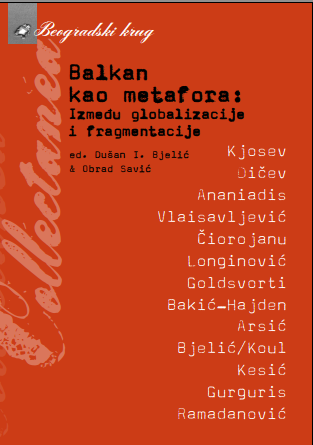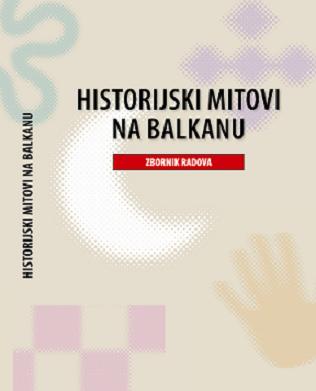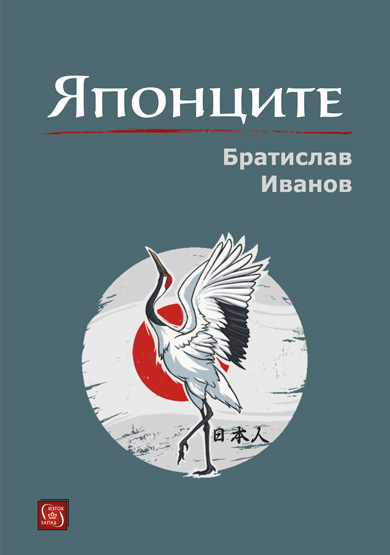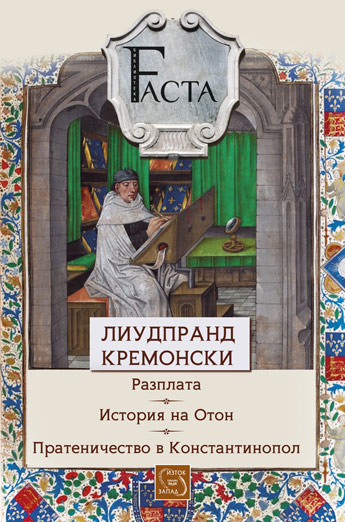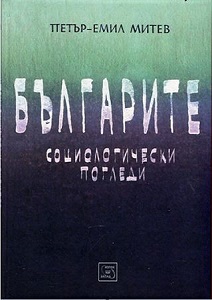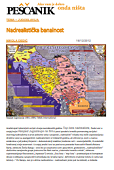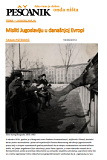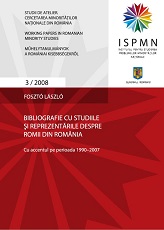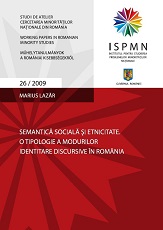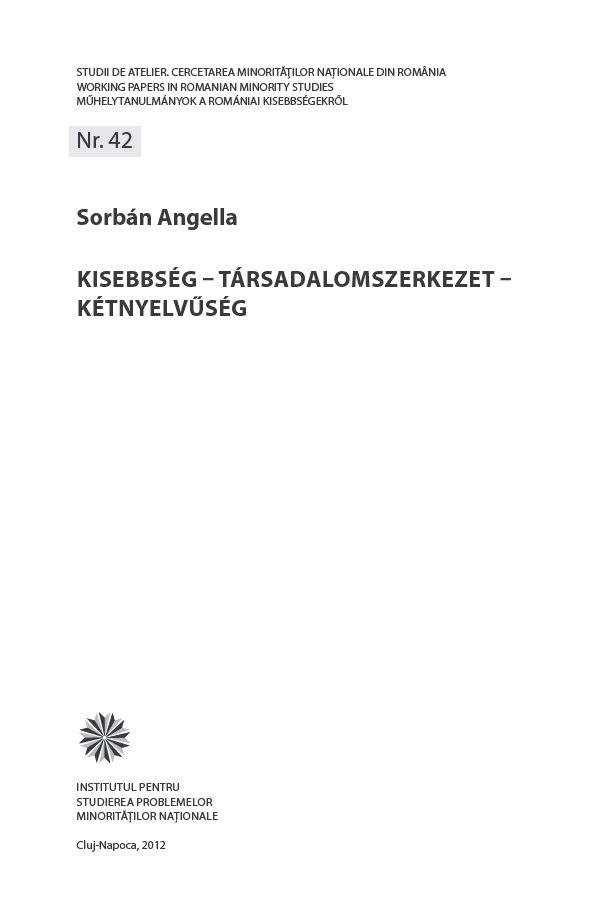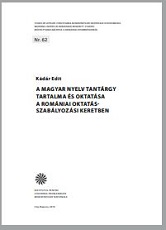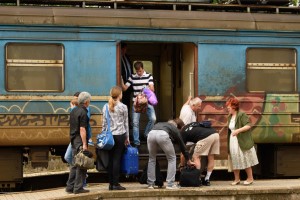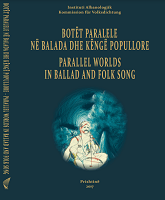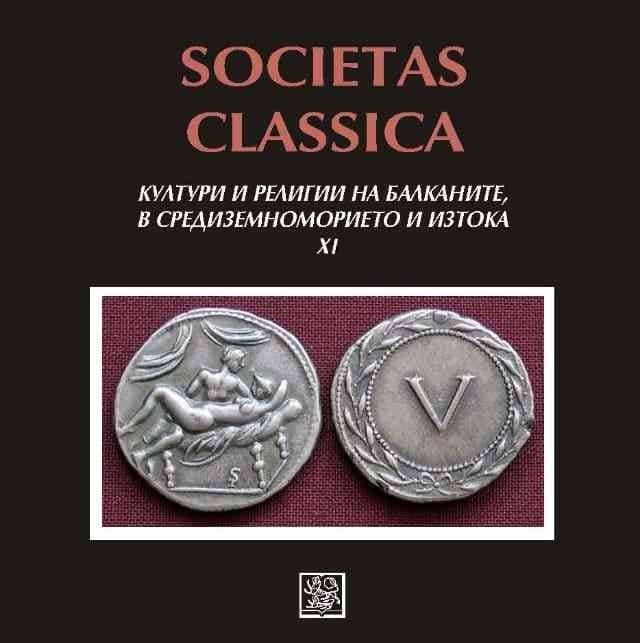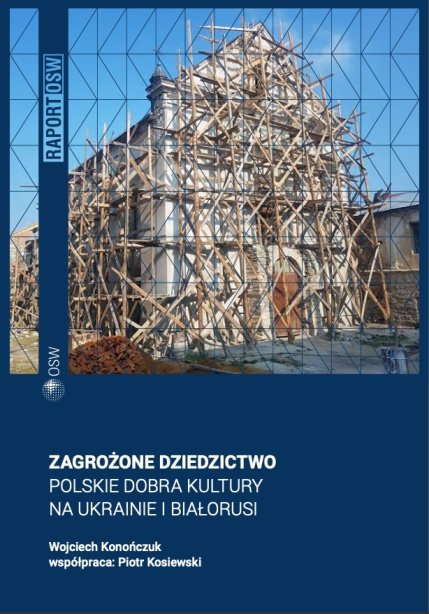Author(s): Arbnora Dushi / Language(s): English
Publication Year: 0
In Albanian-language folk tradition, The Ballad of Halit Gashi is categorized as historical because of its central figure and the historical event that it presents. The event occurred during the Ottoman occupation in the Balkan region, but the song itself has come down to us and continues to be actively performanced. This song is part of the folk repertoire, accompanied with vernacular stringed instruments such as çiftelia. But at the same time it has a public life in mass culture, performed as a genre of urban music. Both versions, the folk and the urban, continue to exist in parallel and represent different social and cultural dimensions that echo the different social and cultural communities of Albanian-speaking society in Kosovo and Albania. Is it the theme of the song, the text, sensitivity of the theme, music, singer, or the taste of the public that continues to keep The Ballad of Halit Gashi alive? Why does this song continue to have two parallel performance traditions: the folk and the pop? What conditions led to a modern version in the urban style? Parallel existence of both types signifies coexistence of tradition and modernity in Albanian-speaking society. While comparing versions of the song and their characteristic elements, we will examine the social and cultural of society, drawing on the work of Sadri Fetiu, Gene Bluestein, Marjetka Golež, Rory Archer, Mathew Gelbart, and others, and with the help of social anthropology, we will try to be able to find these answers.
More...
